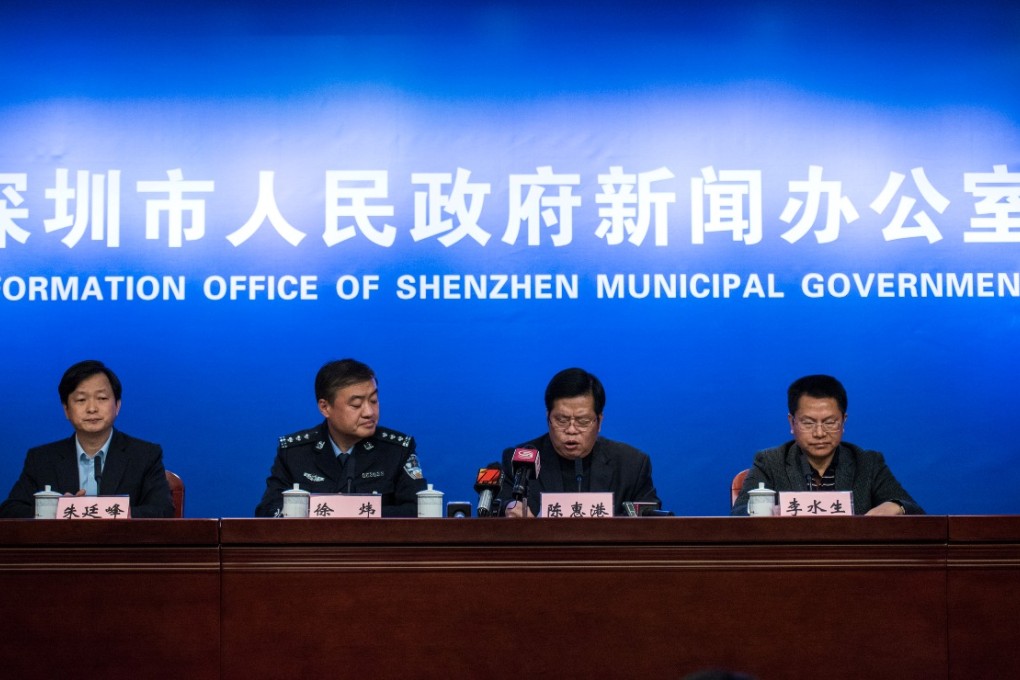City Beat | Why we must continue to treasure the 'Hong Kong way'
Political debates will carry on but should not stop us from tackling crucial livelihood issues

No doubt, traffic congestion is a big headache for many cities. But could you imagine tough measures being implemented to curb the problem with just 15 minutes' notice?
Yet that is exactly what happened in Shenzhen last week, sparking anger in the city. The government announced on Monday that just 100,000 new cars would be allowed onto the streets every year, with new plates allocated by auction or lotteries. The measures took effect moments after the press conference announcing them ended.
The next day, as thousands of police officers rushed to major car dealerships to stop residents snapping up new vehicles, something very different was happening across the border in Hong Kong.
After years of research, the Transport Advisory Committee suggested a series of measures to the government to ease congestion and clean the air. They included electronic road pricing and higher registration fees for new cars. The ideas are by no means new; in fact they have been studied time and again, but have proved so controversial the government has been cautious about implementing them.
This is what is described as the "Hong Kong way of doing things". The government is not expected to push through major policy changes without consulting the public. If one is not happy with a government decision, one can express discontent by protest or any other legal means and can even go so far as to seek a judicial review. That's the beauty of the city: the rule of law.
However, in recent years there have been complaints that the city's development is being hindered by many consultations that usually go nowhere as the city becomes more polarised. Meanwhile major projects are delayed by protracted legal battles or political debates. Some are therefore worried that the "Hong Kong speed" we were once proud of is vanishing.
Whatever the concerns, Hong Kong people retain the legitimate right to do anything allowed by law, and the government understands well that it is subject to the scrutiny of the people. Yet these rights are not to be taken for granted but must be treasured and protected.
